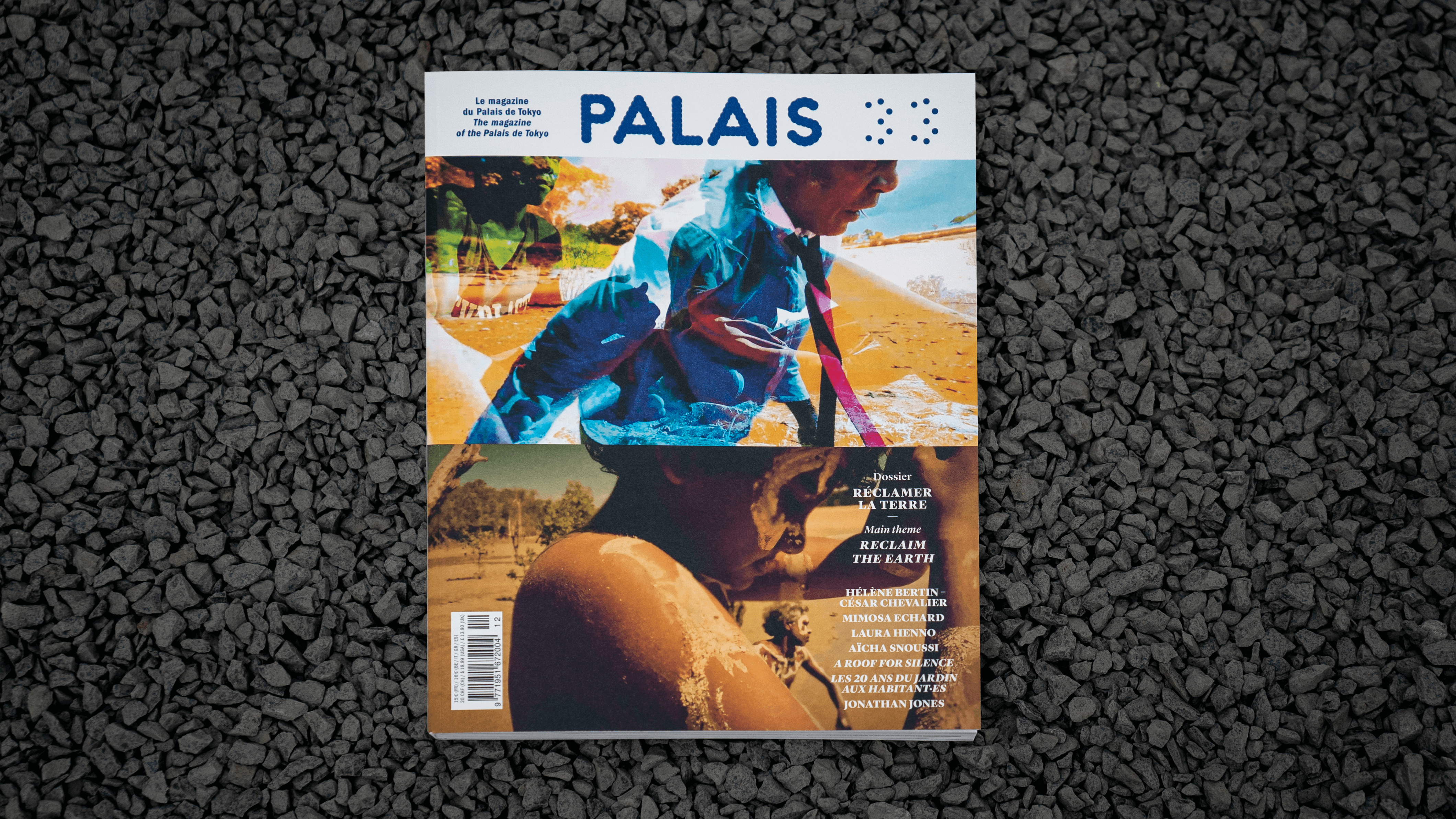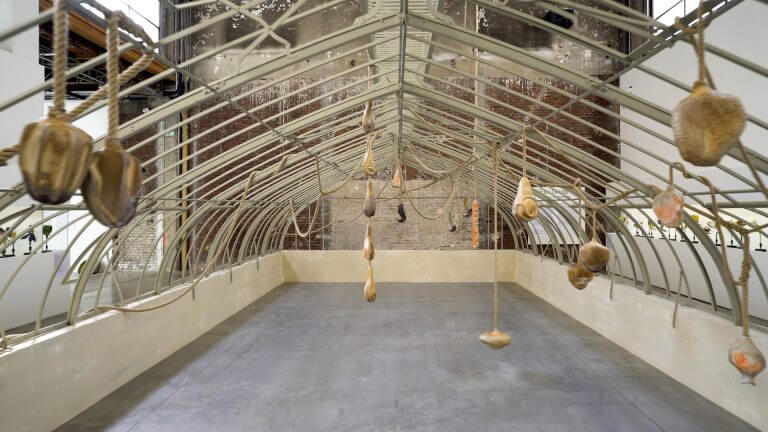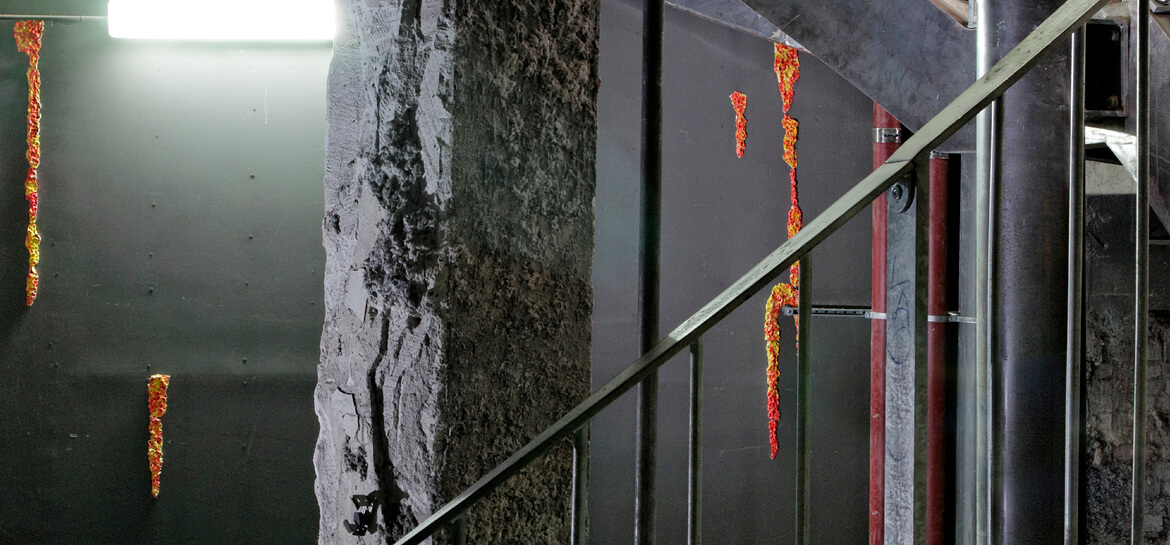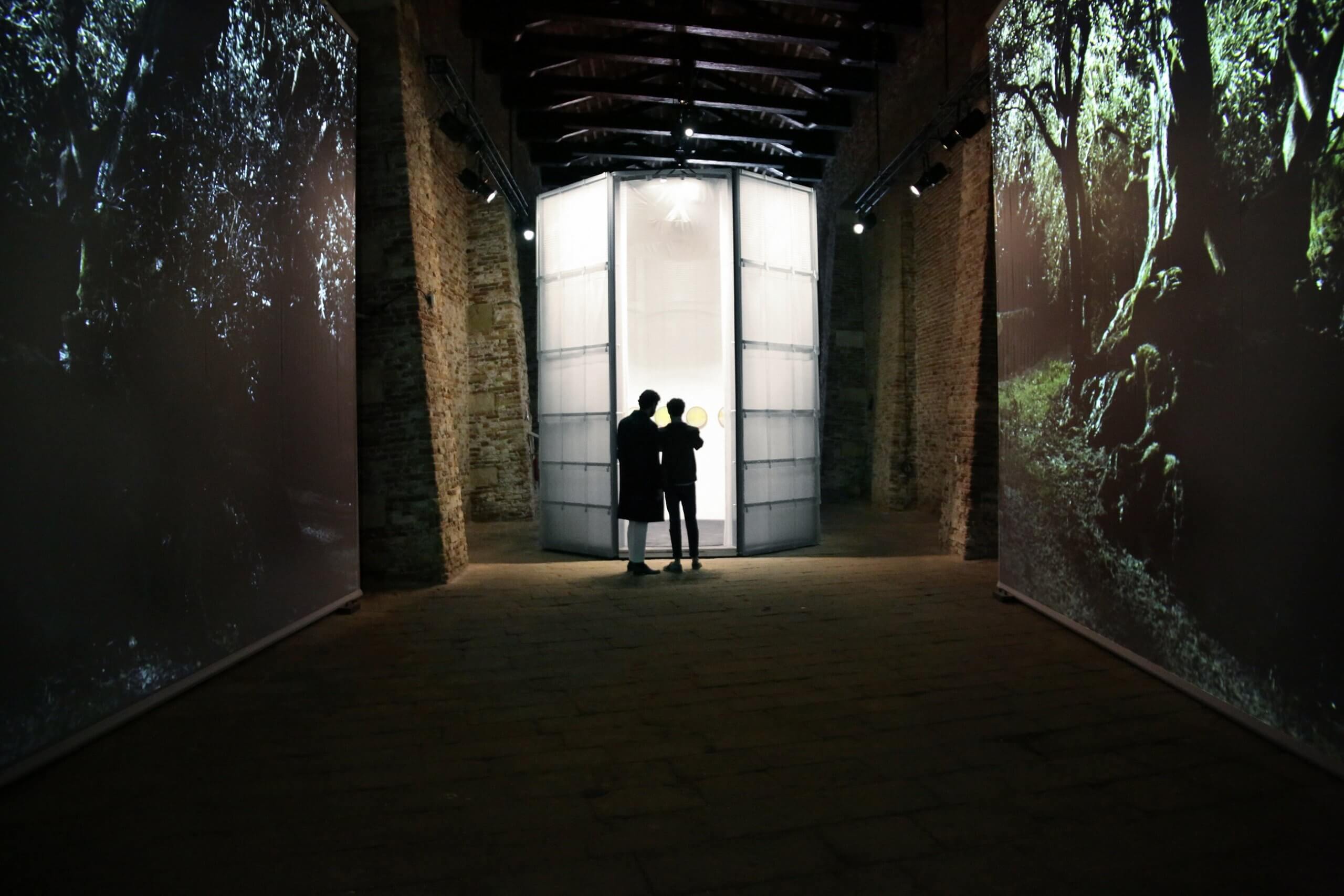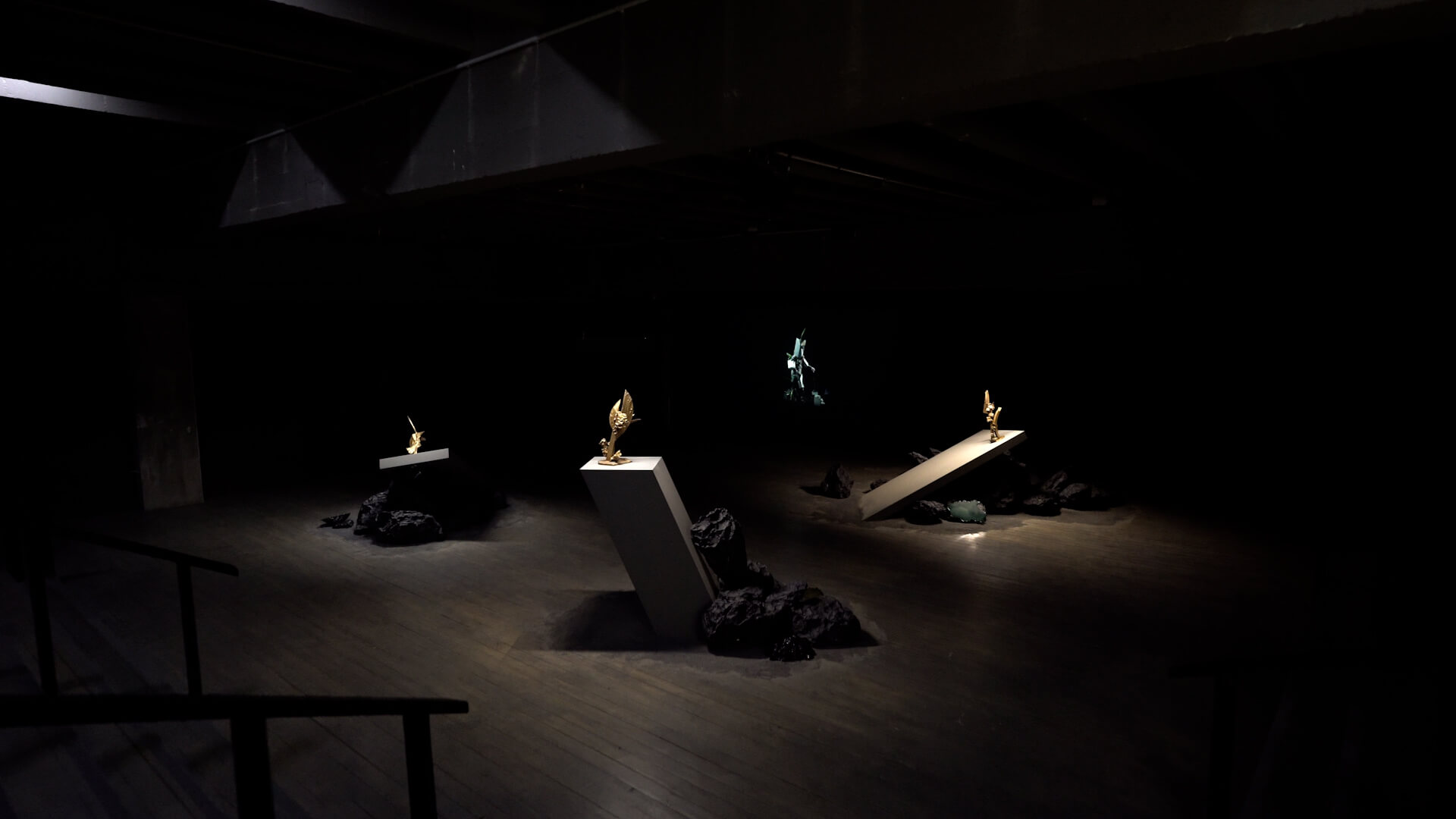13, avenue du Président Wilson 75116 Paris
Closed
Eco Mode
SEARCH THE ENTIRE SITE
Popular searches :
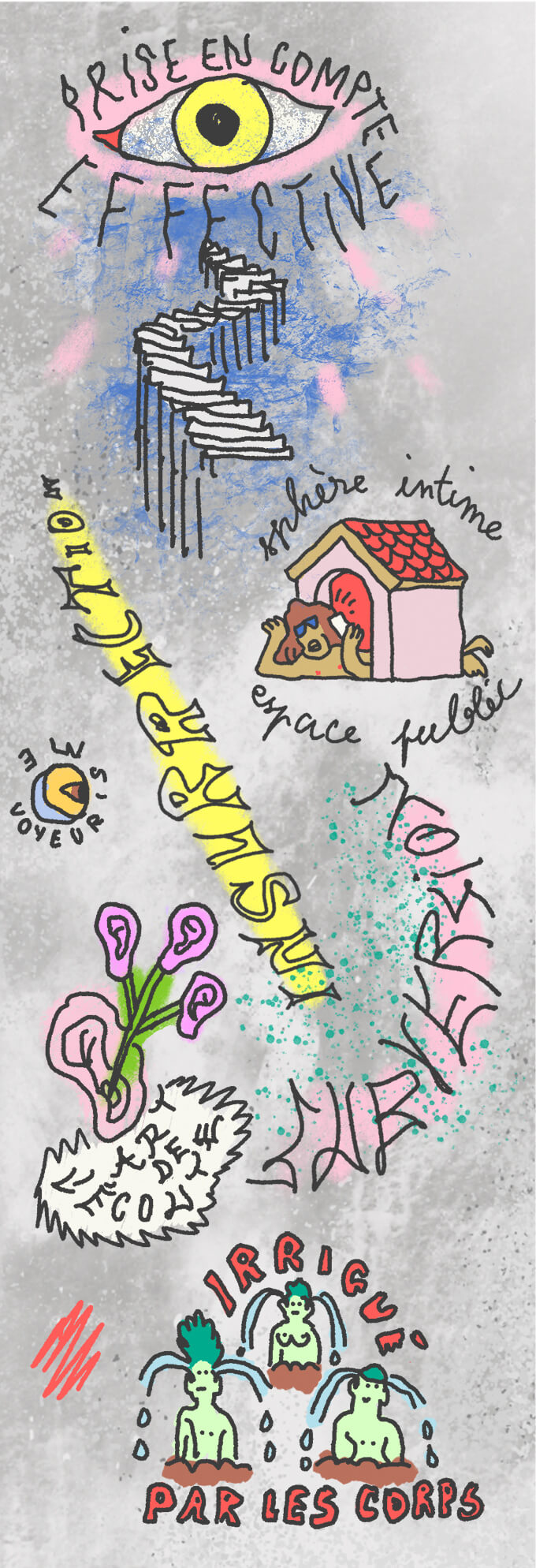
Animism
Animism encompasses very different practices, ranging from voodoo to shamanism, and various totemic or ancestral cults. According to anthropologist Philippe Descola, animism is not a religion but rather a way of understanding the relationship between self and other, opposed to a ‘naturalist’ conception of the world that separates human beings from other animals and plants: non-humans would also be endowed with subjectivity. Researcher Emily Rākete draws on Maori mythology to develop a political ecology rooted in relationality and interdependence: since humans and non-humans all share the Earth as a common ancestor, it seems futile, in her view, to deny non-humans the possibility of interiority and political will.

